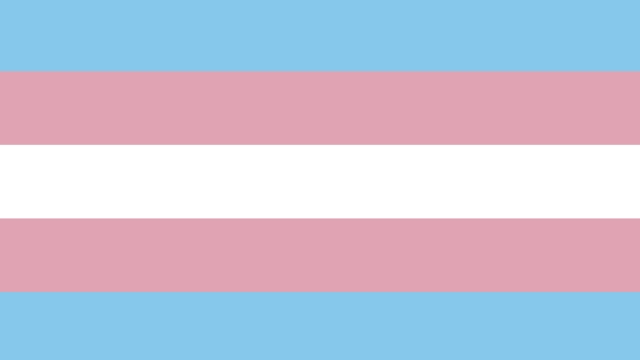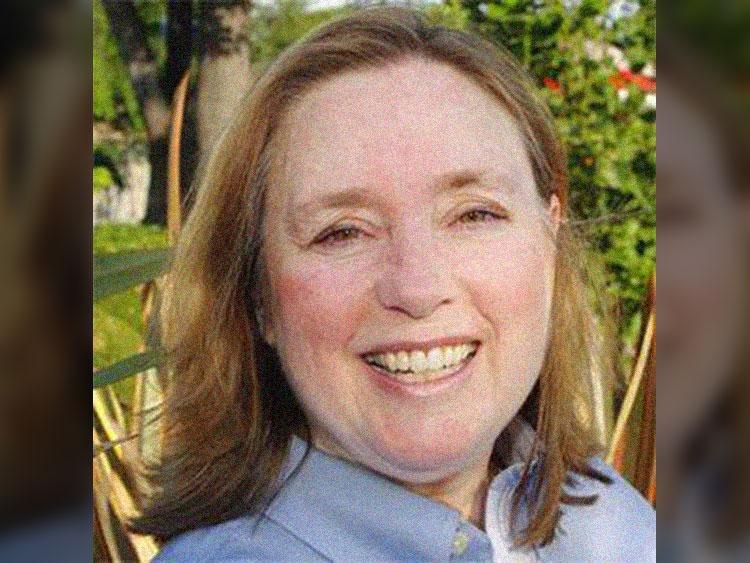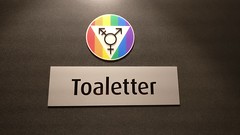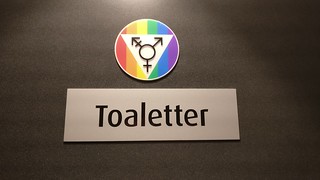Child Welfare Organizations Urge Georgia Lawmakers to Reject Anti-LGBTQ Amendment to Adoption Bill
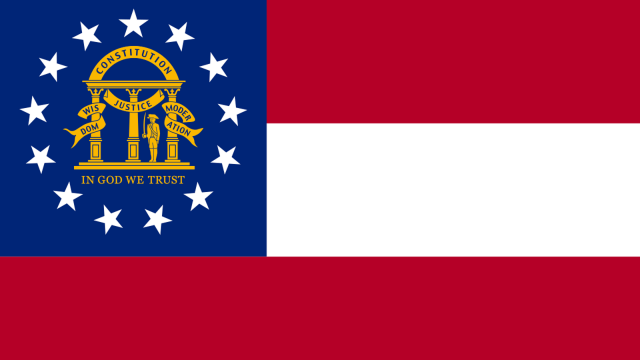
Today, HRC released an open letter from major child welfare organizations — including the Child Welfare League of America, The Donaldson Adoption Institute, FosterClub, North American Council on Adoptable Children, and Voice for Adoption — urging Georgia lawmakers to reject a discriminatory, anti-LGBTQ amendment to an adoption-related bill, HB 159, currently under consideration in the state legislature.
The shameful amendment puts discrimination ahead of the best interests of children in Georgia by granting a special license to discriminate based on an adoption agency’s “mission” — even if the agency receives public funds. The term “mission” is dangerously broad without limitation, and would mean that any belief or practice, religious or otherwise, must be accommodated. For example, in addition to being used to discriminate against LGBTQ people, an agency could turn away prospective families for children because those families are of a different religion than the agency, one of the prospective parents is remarried, or anything else about them that the agency deems to be out of sync with its mission.
“Georgia lawmakers should heed the warning of these major child welfare organizations and put the best interest of the child over discrimination,” said JoDee Winterhof, HRC Senior Vice President for Policy and Political Affairs. “With thousands of children in Georgia in desperate need of permanent, loving homes, all qualified adults who have the room in their hearts and homes to adopt a child should be permitted to do so and treated fairly in the process. Lawmakers must reject this dangerously broad amendment that could swing the door wide open to taxpayer-funded discrimination.”
In the letter, which was sent to the chair and vice chair of the Senate rules committee, as well as the lieutenant governor, the national child welfare organizations state:
The undersigned nonpartisan, nonprofit organizations are dedicated to ensuring the safety, permanency and wellbeing for children and families that are connected to adoption and foster care. This includes providing leadership and education that improves laws, policies and practices through sound research, analysis and advocacy. Eliminating policy and practice barriers for children in foster care awaiting permanent homes is one of our priorities.
We are writing today to request that you take action to remove the recent amendment added to HB 159. Simply put, the amendment puts discrimination ahead of the best interests of children in Georgia who are waiting for a loving home. The amendment would significantly limit opportunities for the more than 2500 Georgia children waiting in foster care for permanent, adoptive homes. Additionally, the amendment sanctions discrimination against LGBTQ children in care. The amendment allows a foster or adoption agency to deny a placement based on that agency’s “mission.” The term “mission” is dangerously broad without limitation – any belief or practice, religious or otherwise, must be accommodated, even if the agency receives public funds. For example, an agency could turn away prospective families for children because those families are of a different religion than the agency, or anything else about them that the agency deems to be out of sync with its mission. Further, an agency would face no consequence if they forced LGBTQ children to engage in religious based counseling, or even subjected them to the discredited practice of ‘conversion therapy,’ if these actions were tied to the agency’s mission.
The amendment to HB 159 stands in opposition to the robust base of professional knowledge that highlights the critical need for the largest possible pool of potentially qualified parents to adopt children languishing in the child welfare system, and the harm to children that results from excluding any class of potentially qualified parents (such as gay and lesbian couples) from that pool. The best interest of children should be the state’s primary goal and no one’s interest is being served when discriminatory practices are endorsed by the state, even allowing taxpayer-funded organizations to insert their personal religious beliefs into their professional mandate to ensure the wellbeing of children.
The reality is, a quarter century of research has found that children raised by lesbian and gay parents fare just as well as those reared by heterosexual parents. Major professional groups, including the American Medical Association and the American Psychological Association, as well as national and state child welfare organizations, overwhelmingly support adoptions by qualified same-sex parents.
According to a study published in 2013 by the Williams Institute at UCLA School of Law, among same-sex couples with children under the age of 18 in the home, 13% have an adopted child, compared to only 3% of opposite-sex couples. Studies have also documented that lesbian and gay adults are willing to adopt the very children most in need of homes and those who wait in temporary foster care the longest – those who are older and who may have special needs – and these families also do so at a higher rate than heterosexual adults.
There are all too many children in temporary living situations. In Georgia, the most recent statistics from FY 2015 indicate there are 10,935 children in foster care with more than 2500 children waiting in care for a permanent adoptive family. During FY 2015, more than 17,400 children were served by foster care. Nationally, the most recent statistics indicate that more than 21,000 children aged out of foster care without a permanent family structure. The outcomes facing youth who exit foster care on their own as opposed to being placed with a permanent family are staggering; these young people are more likely to flounder in society with higher rates of homelessness and unemployment compared to their peers who are adopted. These numbers illustrate the critical need for the largest possible pool of potentially qualified parents to adopt children from the child welfare system.
Stability and security are vital for children’s healthy development. Allowing agencies that serve waiting children to discriminate against potentially qualified parents limits opportunities for children. It is also essential that children are supported in developing a healthy identity; subjecting children to discredited and abusive therapeutic techniques on the grounds of moral convictions does not serve their best interest. If we truly wish to act in good conscience towards children in care, we must not enshrine discriminatory practices into the law.
Sincerely,
Child Welfare League of America
The Donaldson Adoption Institute
FosterClub
North American Council on Adoptable Children
Voice for Adoption
The attack on fairness and equality in Georgia is part of an onslaught of anti-LGBTQ bills being pushed in 2017 by activists around the country. HRC is currently tracking more than 120 anti-LGBTQ legislative proposals in 30 states. For more information, visit hrc.im/2017legislature.
www.hrc.org/blog/child-welfare-orgs-urge-georgia-lawmakers-to-reject-anti-lgbtq-amendment?utm_source=rss&utm_medium=rss-feed
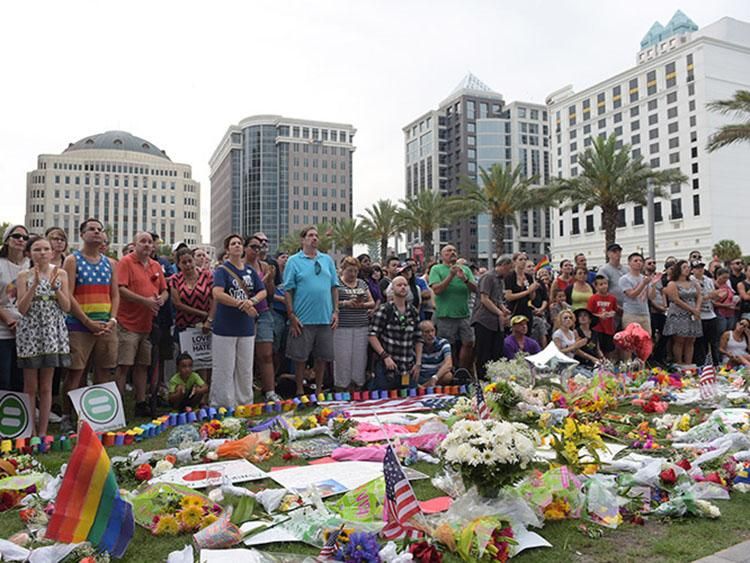

 JARED KUSHNER.
JARED KUSHNER.  “ENERGY INDEPENDENCE”
“ENERGY INDEPENDENCE”  JAMES BLUNT.
JAMES BLUNT.  RECORDS.
RECORDS. 




